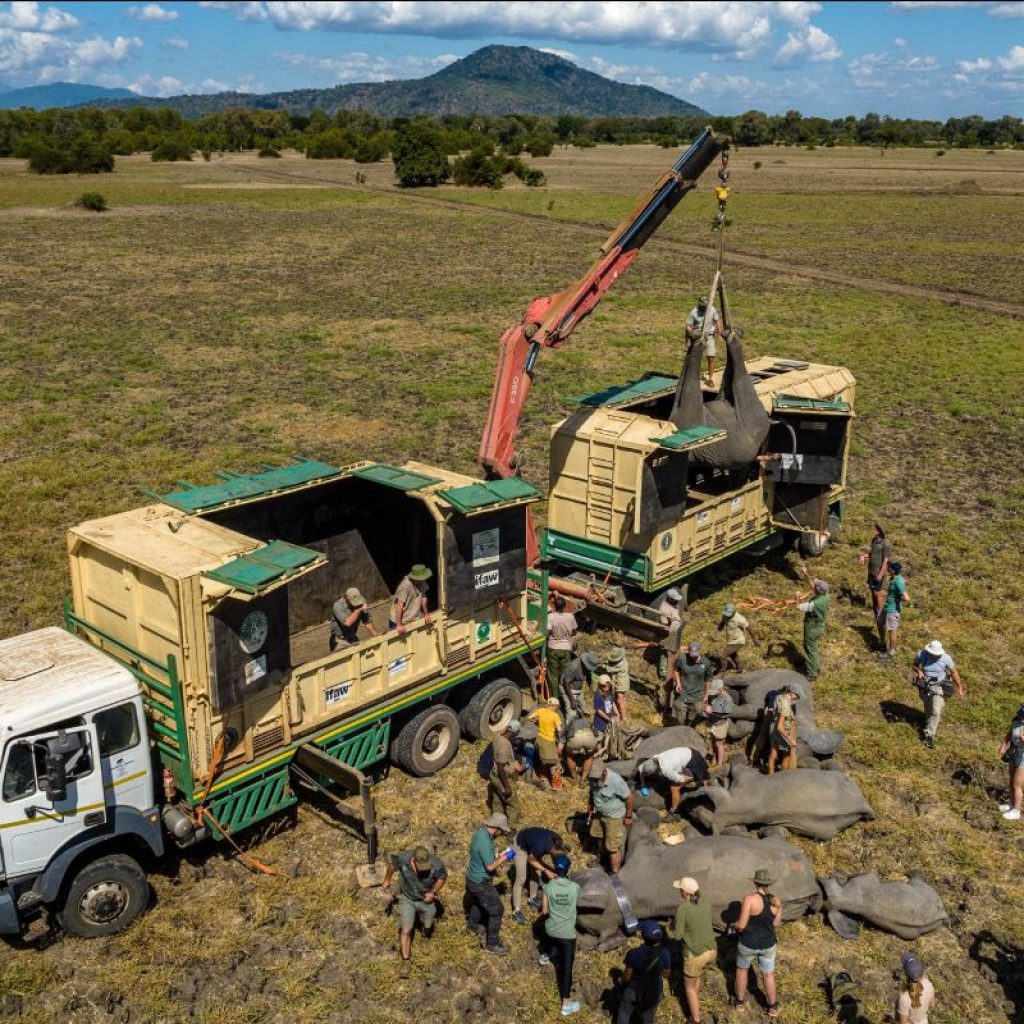
The 31st of July, 2022 marked the conclusion of the successful translocation of 263 elephants and 431 additional wildlife from Liwonde National Park to Kasungu National Park in Malawi. The translocation was undertaken by Malawi’s Department of National Parks and Wildlife (DNPW) in partnership with African Parks and the International Fund for Animal Welfare (IFAW), in an effort to maintain healthy habitats in Malawi’s national parks, establish viable elephant populations, and ensure the prosperity of local communities living around the park.
“We are overjoyed that the exercise has been completed successfully, thanks to all of the partners who worked hard to finish the work on time. The addition of elephants and other wildlife species to Kasungu National Park will benefit Malawi tourism as well as communities through job creation, thereby fuelling a conservation-driven economy,” said Brighton Kumchedwa, Malawi’s Director of National Parks and Wildlife.
|
|
|
|
|
|
|
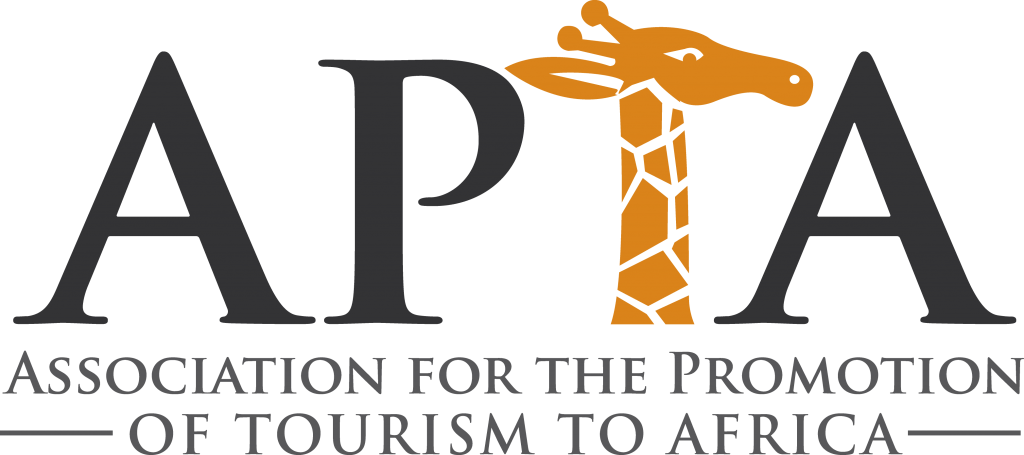
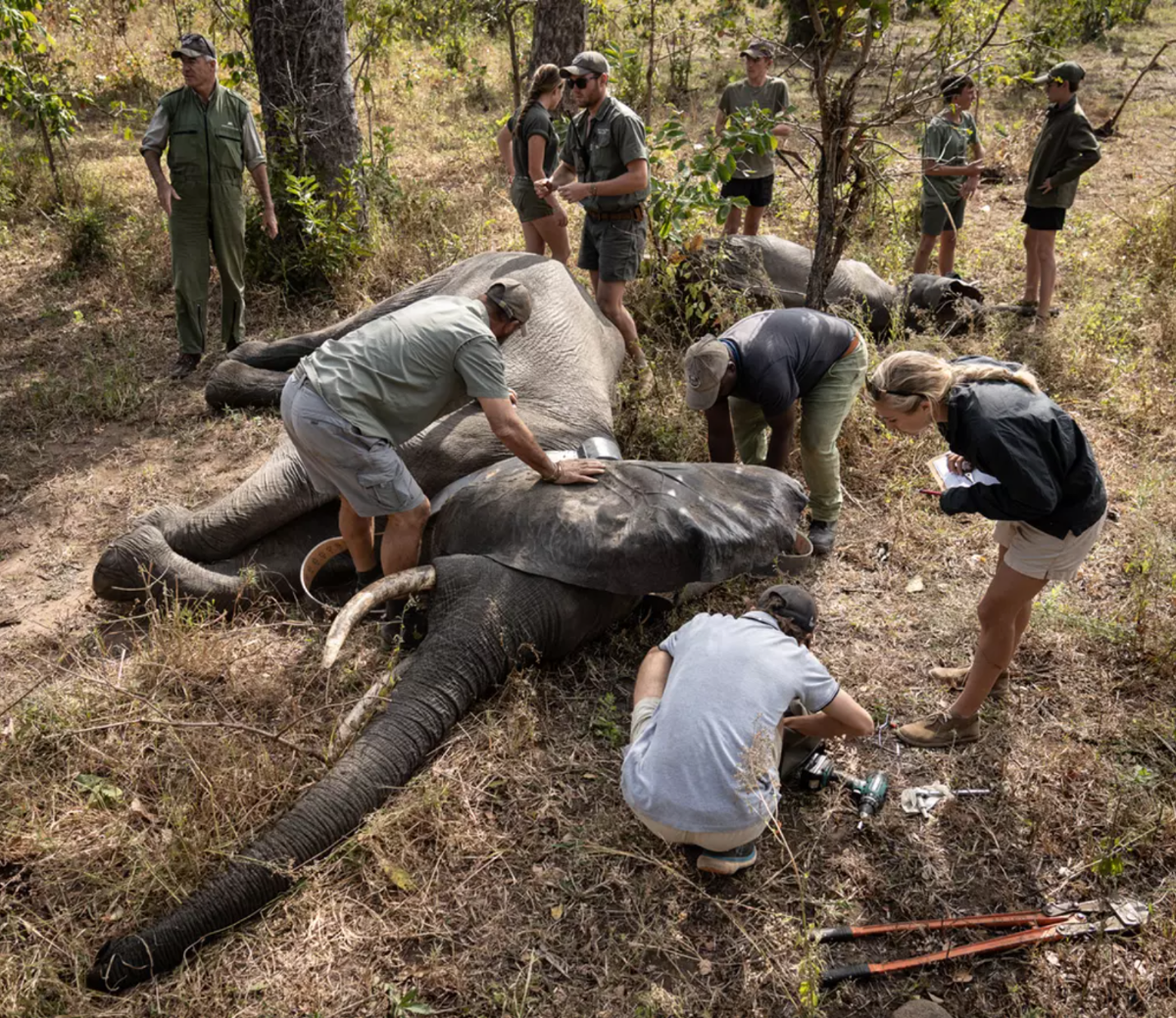
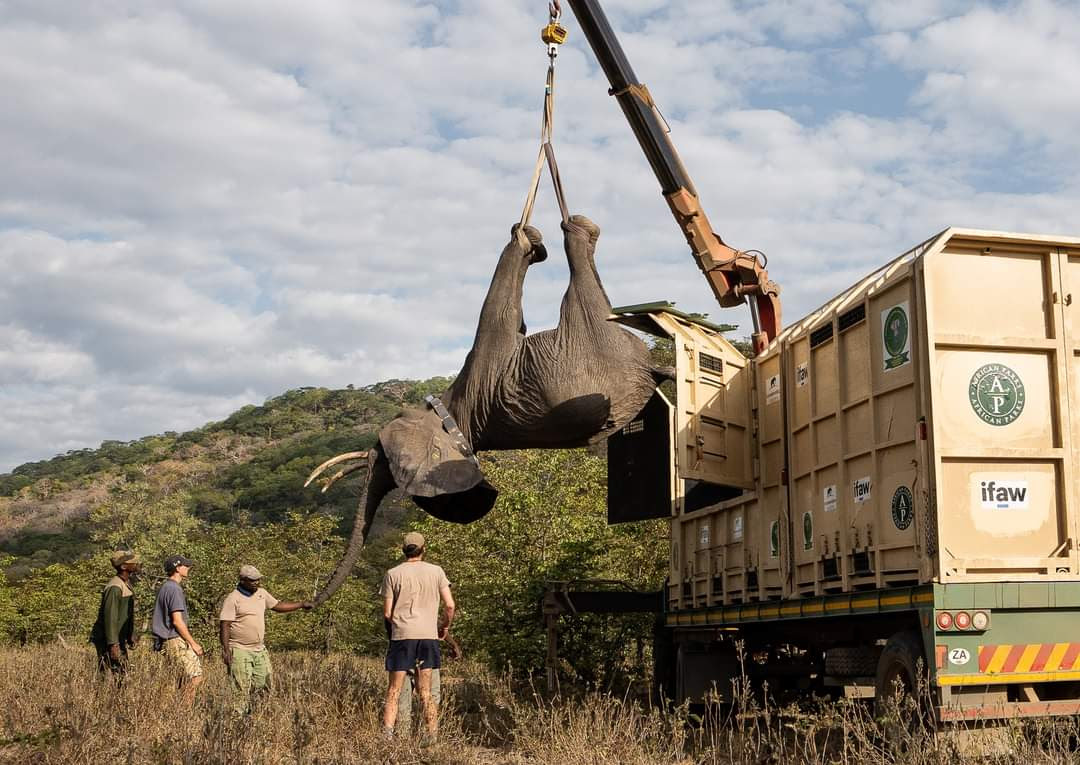
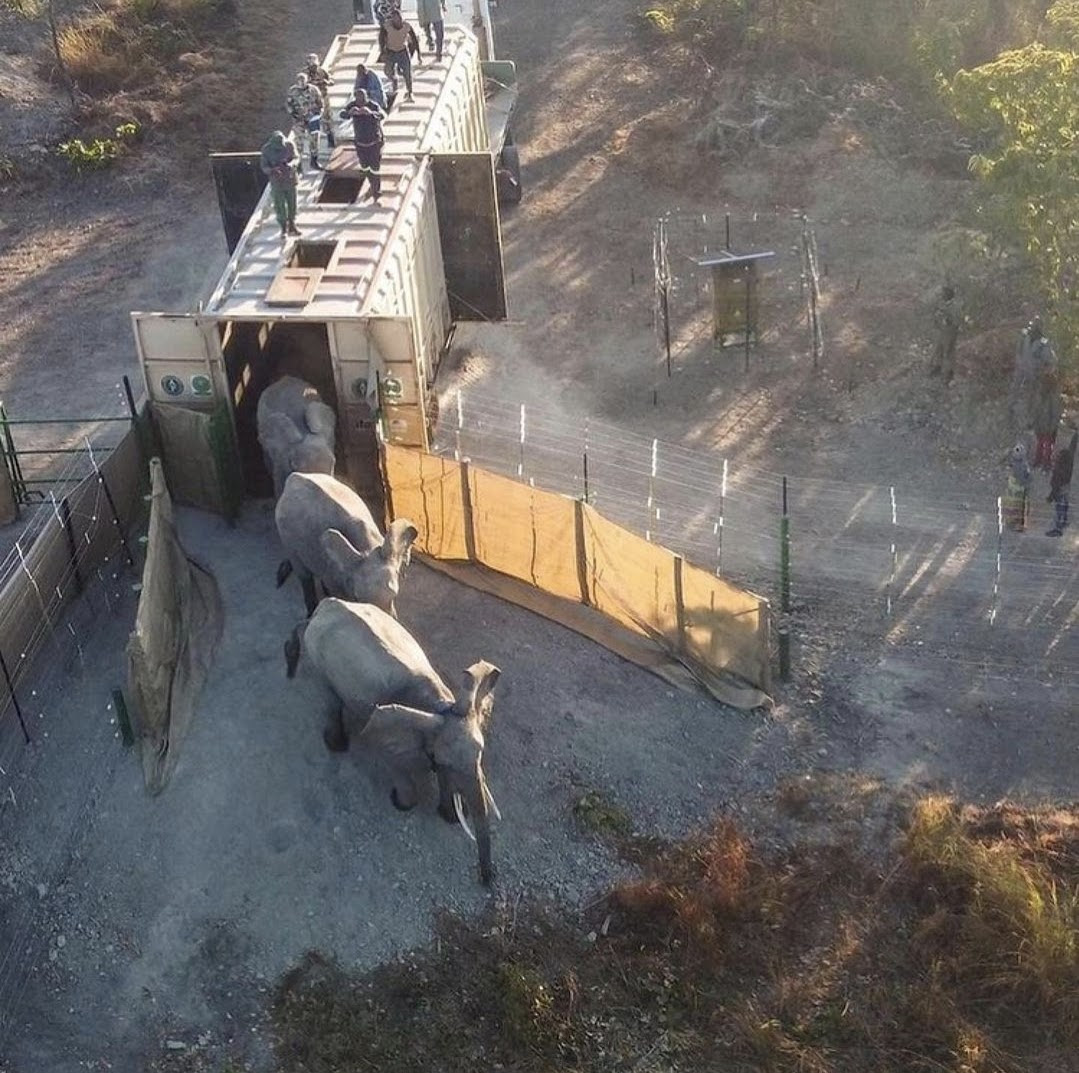

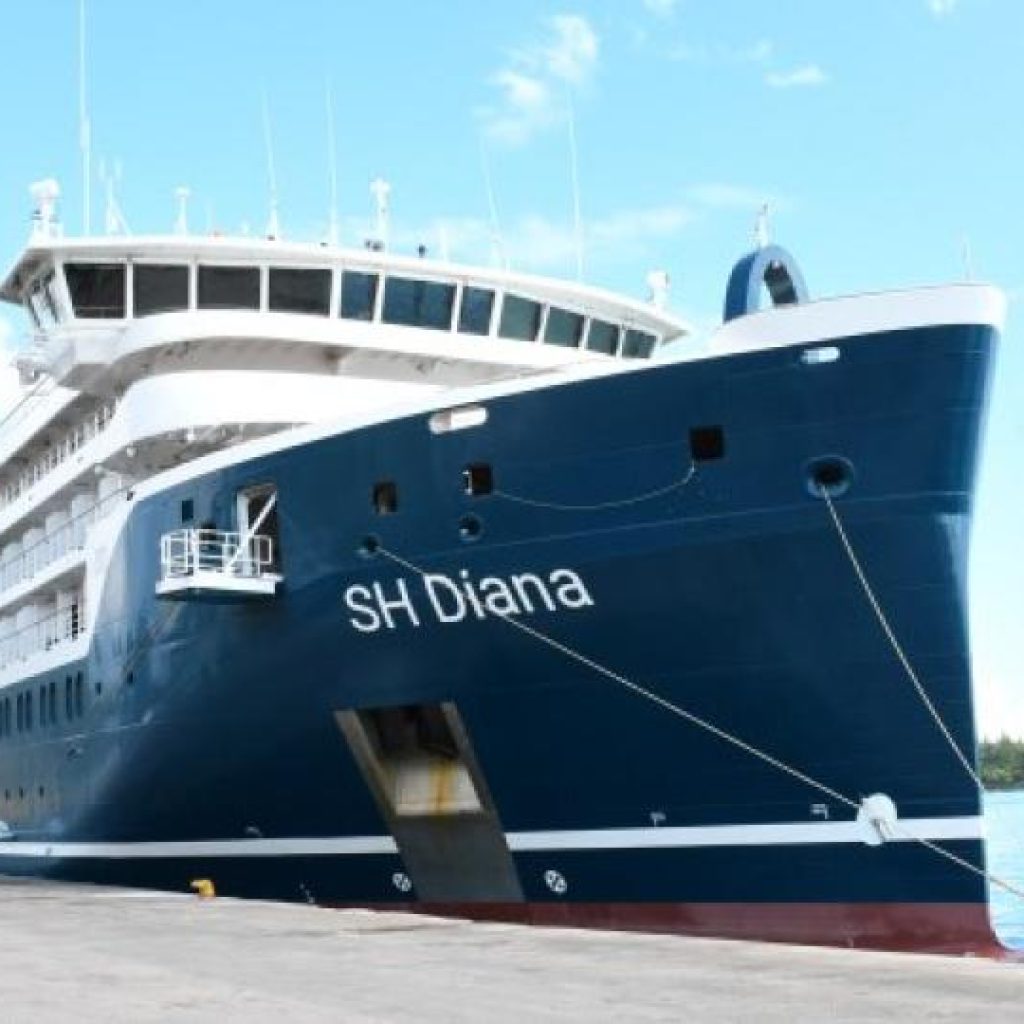


About The Author: David DiGregorio
More posts by David DiGregorio